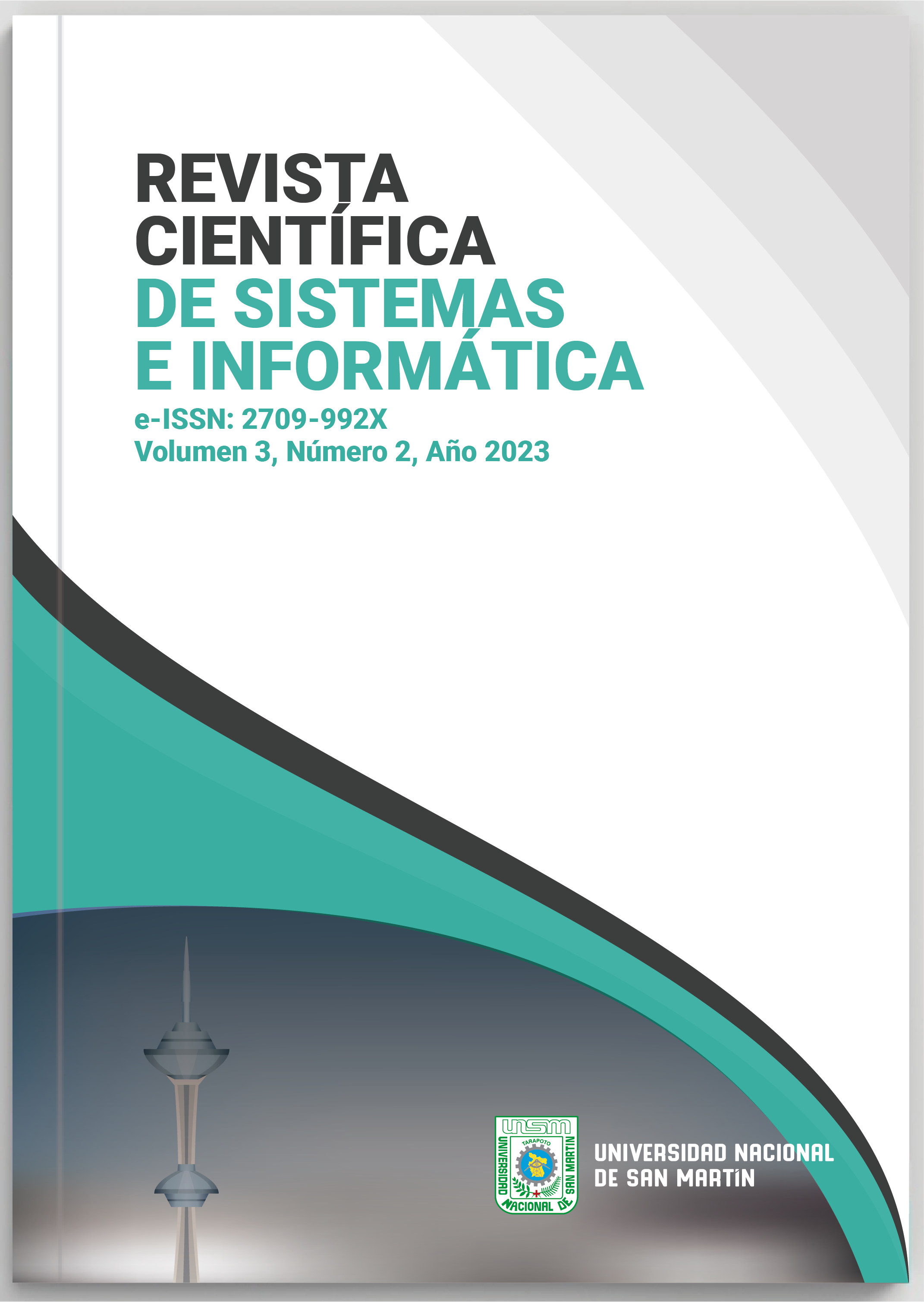Technological innovation in information management and its impact on various sectors
DOI:
https://doi.org/10.51252/rcsi.v3i2.668Abstract
Technological evolution in information management has emerged as a central axis in the development and operational efficiency of the industrial, academic and business sectors (Sharma et al., 2021). Digital transformation is based on the ability of organizations to capture, process and analyze data, turning it into valuable information for strategic decision making (Plekhanov et al., 2023). Information, considered a vital strategic asset, requires meticulous management to ensure its security, availability and quality. The implementation of advanced information systems, which focus on functional requirements and offer intuitive interfaces, is crucial to optimize operational processes and improve the user experience (Kraus et al., 2022).
Downloads
References
Aldossari, S., Mokhtar, U. A., & Abdul Ghani, A. T. (2023). Factor Influencing the Adoption of Big Data Analytics: A Systematic Literature and Experts Review. SAGE Open, 13(4). https://doi.org/10.1177/21582440231217902
Kraus, S., Durst, S., Ferreira, J. J., Veiga, P., Kailer, N., & Weinmann, A. (2022). Digital transformation in business and management research: An overview of the current status quo. International Journal of Information Management, 63, 102466. https://doi.org/10.1016/j.ijinfomgt.2021.102466
Plekhanov, D., Franke, H., & Netland, T. H. (2023). Digital transformation: A review and research agenda. European Management Journal, 41(6), 821–844. https://doi.org/10.1016/j.emj.2022.09.007
Sharma, A., Rana, N. P., & Nunkoo, R. (2021). Fifty years of information management research: A conceptual structure analysis using structural topic modeling. International Journal of Information Management, 58, 102316. https://doi.org/10.1016/j.ijinfomgt.2021.102316
Downloads
Published
How to Cite
Issue
Section
License
Copyright (c) 2023 Jorge Raul Navarro-Cabrera

This work is licensed under a Creative Commons Attribution 4.0 International License.
The authors retain their rights:
a. The authors retain their trademark and patent rights, as well as any process or procedure described in the article.
b. The authors retain the right to share, copy, distribute, execute and publicly communicate the article published in the Revista Científica de Sistemas e Informática (RCSI) (for example, place it in an institutional repository or publish it in a book), with an acknowledgment of its initial publication in the RCSI.
c. Authors retain the right to make a subsequent publication of their work, to use the article or any part of it (for example: a compilation of their works, notes for conferences, thesis, or for a book), provided that they indicate the source of publication (authors of the work, journal, volume, number and date).









